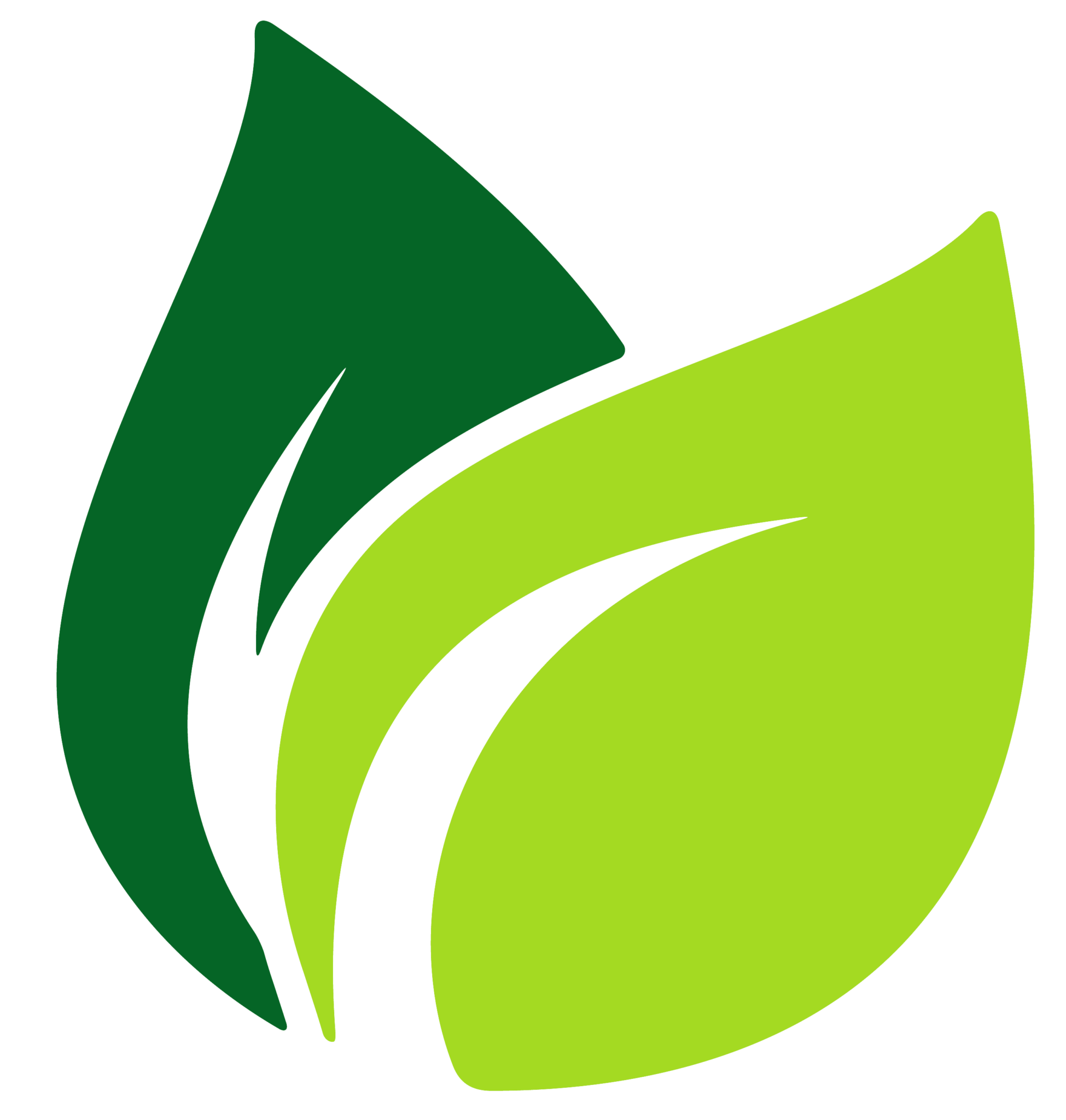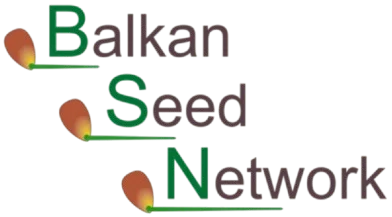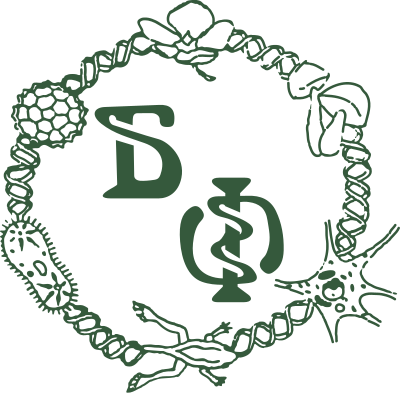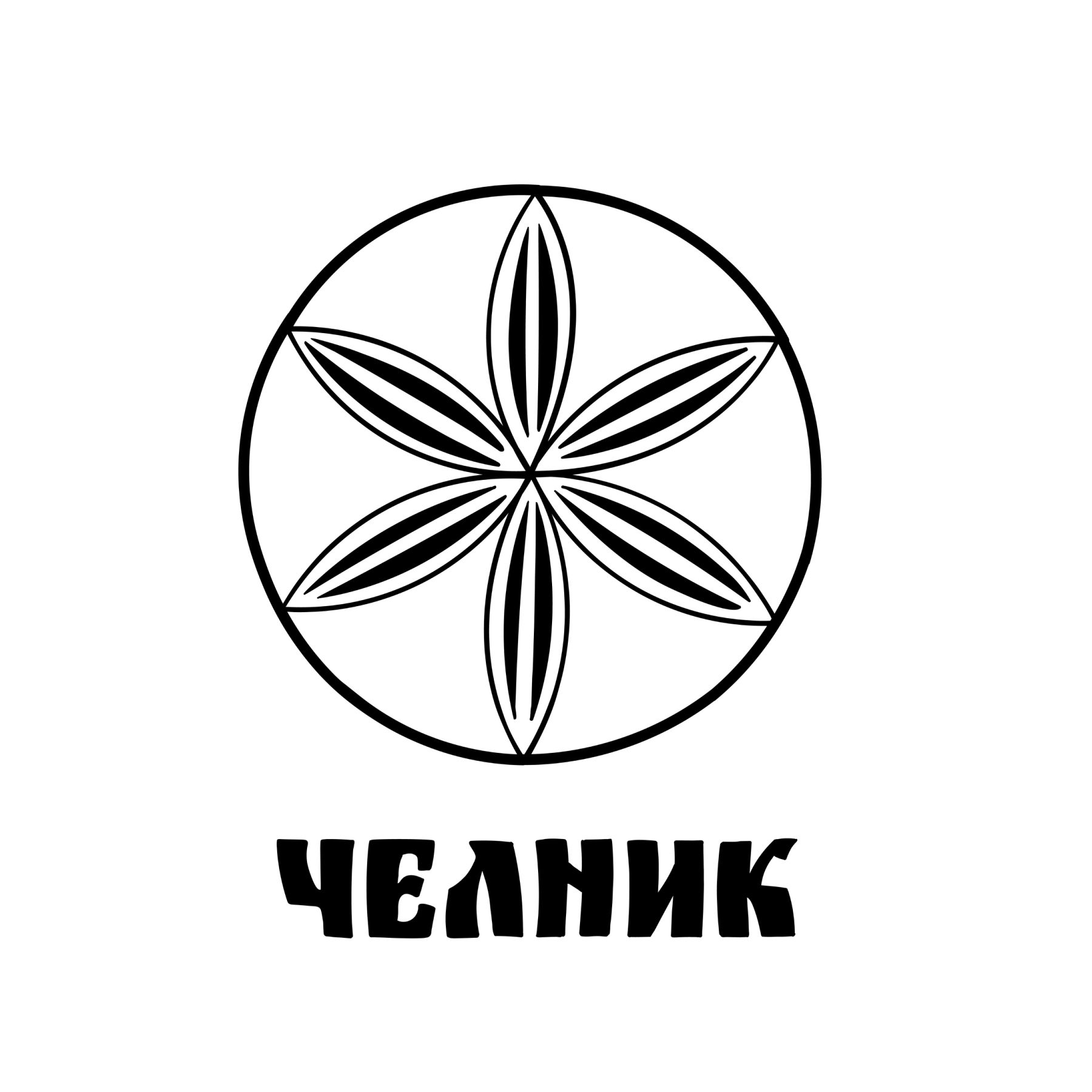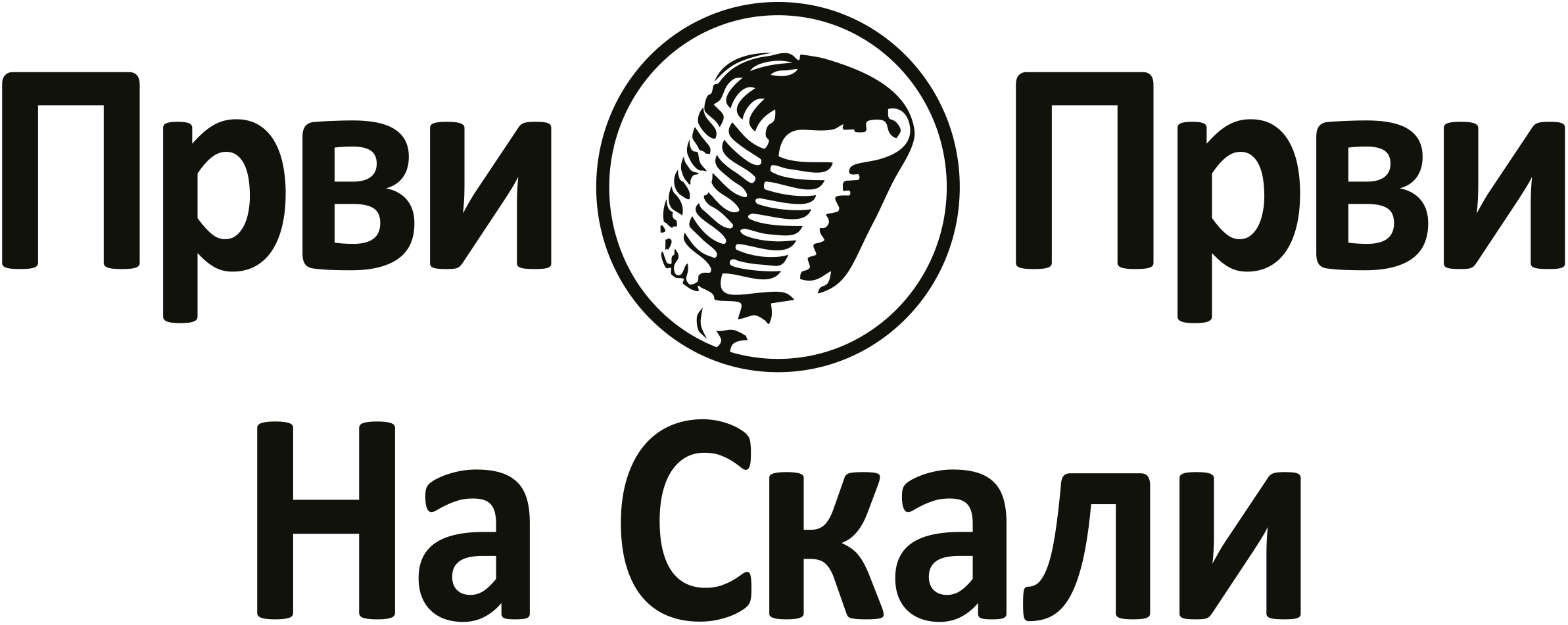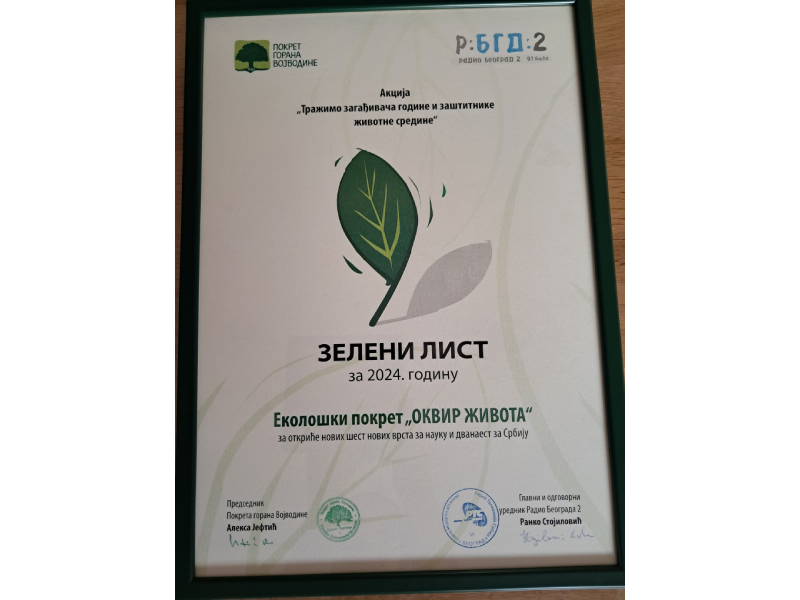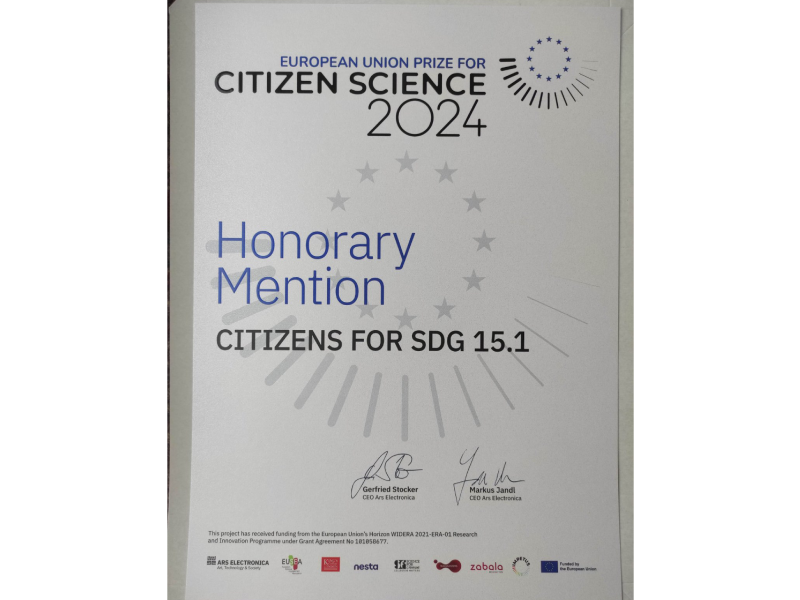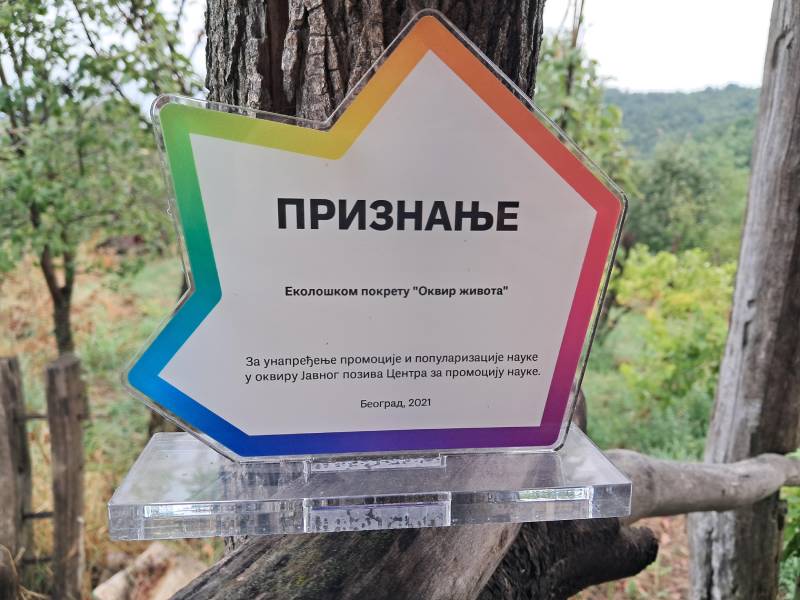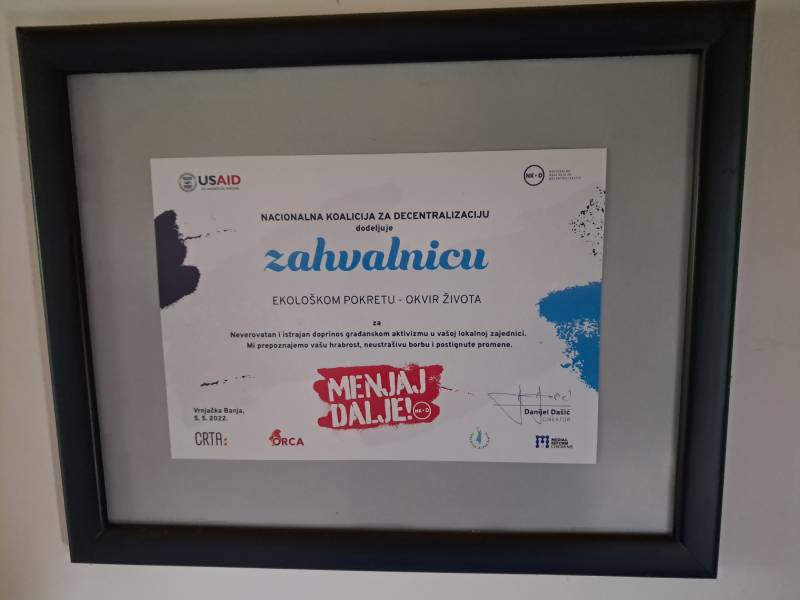About Us
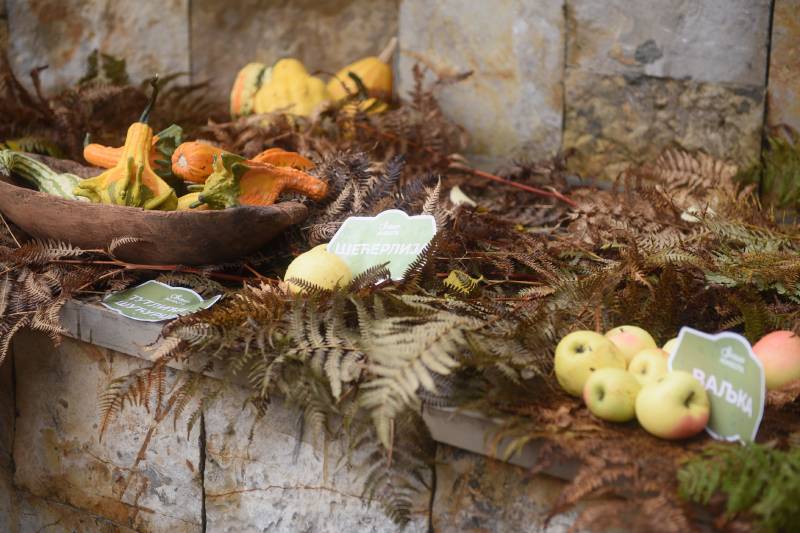
Our Mision
Our mission is to connect local communities with science, and agriculture with nature – encouraging a more sustainable and fair system of food production and responsible management of natural resources. We achieve this through local initiatives, a citizen science approach and agroecological practices.
Our Vision
Our vision is a world in which food production and natural resource management are based on the principles of justice and sustainability – in accordance with nature and the needs of local communities.
Our Values
RESPECT FOR NATURE AND LOCAL COMMUNITIES
RESPONSIBILITY
PROFESSIONALITY AND EXPERTISE
INTEGRITY
Our History
The predecessor of the Ecological Movement, the Ecological Society "Mionica", organized the first exhibition of old varieties in 1998.
The Ecological movement "Frame of life”/Ekološki pokret “Okvir života” is an association that arose from the former Ecological association "Mionica", whose significant work in the past created a path for the development of "Okvir života". Back in 1998, the Ecological association "Mionica", thanks to the great enthusiasm of the then president Predrag Peca Petrović, organized an exhibition of old varieties in 1998 and implemented numerous programs in the field of environmental protection, old varieties and autochthonous breeds. After the closure of this association, there was a need to develop a new ecological initiative, which will connect the tradition and knowledge of the former association with newer, innovative directions of work, such as the development of citizen science.
"Okvir života" was founded in 2013...
Therefore, in 2013, the Environmental movement "Frame of life" was born. The name of the Association comes from the famous book in the field of ecology, authored by Siniša Stanković, called "The Frame of Life".
"Okvir života" has two active programs - Guardians of Nature and Local Seed Bank.
The Nature Keepers program was created when the Environmental Movement and as part of it, combat activities were implemented, one of the most significant of which is the biodiversity research of the Ribnička gorge, a project that discovered 6 new species for science and 12 new species for Serbia. This project also received an EU honorary mention for the best citizen science projects in 2024, as well as the most important national award in the field of environment protection – Zeleni list of Radio Belgrade 2 and the Young Mountaineers of Serbia (link for awards and recognitions).
2019. godine u sklopu udruženja nastaje prva lokalna banka semena u Srbiji.
In 2019, program Community Seed Bank was created, whose goal is the protection and promotion of old varieties of fruits, vegetables and grains. The program is dedicated to the return of old varieties of fruits, vegetables and grains to our tables, but also to strengthening the rights of farmers to seeds and the roles of farmers in decision-making processes
The long-time president of the Board of Directors, Predrag Peca Petrović, is a well-known naturalist who wrote a report in the eighties of the last century on the basis of which the Ribnička Cave and the Ribnica Nature Monument were protected.
It is impossible to describe the Ecological Movement “Okvir života” without the story of Predrag Peca Petrović. The first president of the Board of Directors in our Association is a nature conservationist who wrote a report in the eighties of the last century on the basis of which the Ribnička Cave and the Ribnica Nature Monument were protected. He spent 118 nights in the cave itself, studying bats, so he discovered that Ribnička cave is inhabited by as many as 15 species, which makes this cave exceptional even beyond the borders of our country.
He is the creator of the Research Station Petnica. He won the Premio Slow Food award in Porto in 2001, for his program for the protection of old varieties, autochthonous breeds and traditional agriculture “Mišićevo selo”. Predrag Peca Petrović is a great enthusiast for geodiversity and the study and work with stone, so in 2013 he initiated the idea of establishing the Stone Museum, a unique object of culture and promotion of nature.
Partnerships and Memberships
Memberships in International Organizations
Our Partners
Awards and Honors
Center for the Promotion of Science
Frequently Asked Questions – FAQ
Before sending an email with a question, please check whether the answer is found in the text below:
Do you sell seeds and seedlings? Can I buy them from you?
No. We do not sell seeds or fruit seedlings. For seeds, we organize seed exchanges, where you have the opportunity to find some valuable and rare old varieties. As for fruit seedlings, we do not produce them. You can contact us if you want to buy fruit seedlings of old fruit varieties, so we can direct you to nurseries that have them.
Can I pick up seeds at a local seed bank anytime or can you mail them to me?
No. We are a volunteer organization, which with great efforts maintains a large collection of old varieties. In addition to our daily jobs, we invest our free time in finding, identifying and multiplying seeds, which is very time-consuming. Therefore, it is possible to obtain seeds only as part of the seed exchange that is organized twice a year, usually in the fall and usually as part of our annual exhibition.
We announce the dates of the exchange in good time, so that you have enough time to plan your arrival or to send someone on an exchange. The best way to show that you appreciate our work and effort is to respect our time and announced dates.
Can I contact you if I need advice on growing old varieties?
Of course! If you have specific questions, it is best to contact us by email (listed in the contact form). You can write your questions there, and we will do our best to answer them as soon as possible. Avoid general questions (eg how to grow tomatoes in general), which can be answered elsewhere on the Internet. Please keep your questions specific and focused on the problem you are facing. If you have accompanying photos of the problem, that would be very helpful.
NOTE: Please keep the questions related to the OLD varieties you are growing. Modern varieties grown in modern cultivation systems are not our expertise. From time to time, we also organize online meetings, where we discuss questions related to a specific topic – for example, cultivation of a specific plant species (meeting dates will be published earlier on social networks).
I am interested in becoming a citizen scientist. How can I get involved?
Wonderful interest! We occasionally issue public calls for specific citizen science actions. Some are related to old varieties, and some to nature research. You need to apply to an active call. We publish the invitation on the website, on social networks, and sometimes in the media.
You can also sign up for Subsribe by email, so that you will receive an email when a new next invitation is activated. Even if there is no current invitation, and you are really motivated to start the citizen science adventure right away, contact us, and we can design a program of online research that you can implement in the meantime.

